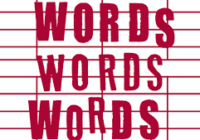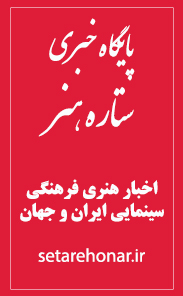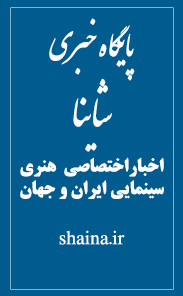If I was you, I would try to find a new job If she was here, she would explain the situation گاهی if I was یا if she was صحیح است! به مثالهای زیر دقت کنید: If I was late for class, the teacher gave me extra homework If he was asked a question, he […]
If I was you, I would try to find a new job
If she was here, she would explain the situation
گاهی if I was یا if she was صحیح است!
به مثالهای زیر دقت کنید:
If I was late for class, the teacher gave me extra homework
If he was asked a question, he replied quickly and honestly
تفاوت بین این دو مثال چیست؟ چرا یکی از آنها اشتباه و دیگری صحیح است؟ خب پاسخ شما اینجاست: دو جملهی اول برای بیان یک وضعیت فرضی استفاده میشود. بنابراین در جملات فرضی، باید جمله را به صورت زیر بیان کرده و فعل To be را برای دوم شخص مفرد به کار ببرید.
If I were you, I would try to find a new job
If she were here, she would explain the situation
مثال بالا، جملاتی هستند که در گذشته واقعا اتفاق افتادهاند. در این مورد هم افعال to be در وجه گذشته ی ساده و به صورت were به کار میرود.
The second group of sentences refers to a situation that was always true in the past. In this case, the past simple is used
البته در صورتی که یک جملهی فرضی بیان کنیم، if I were you برای زمان حال نیز مورد استفاده قرار میگیرد و were ربطی به زمان جمله نخواهد داشت.
If I were you, I would take a vacation
I would give the test again if I were the teacher












Thursday, 16 May , 2024